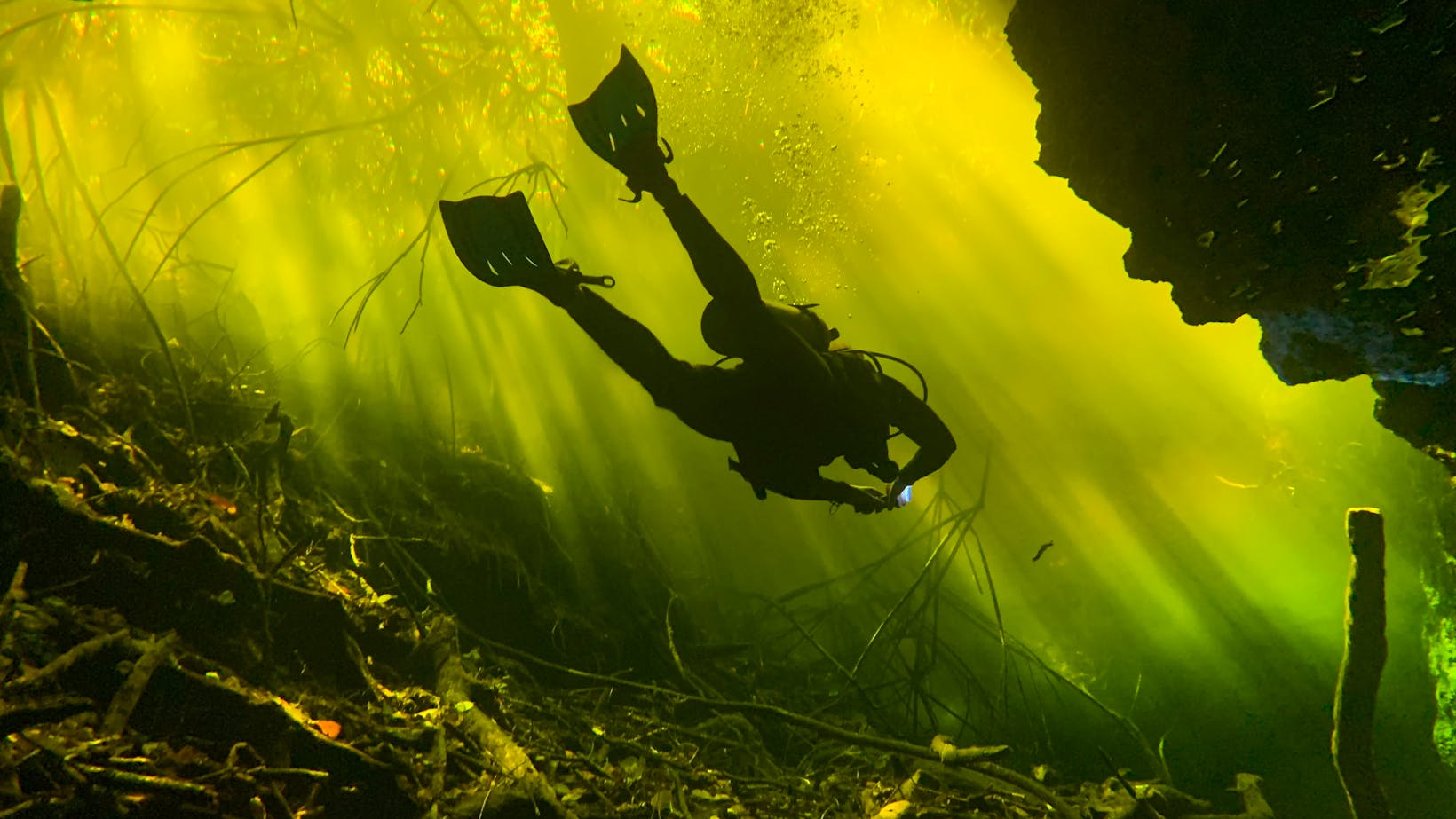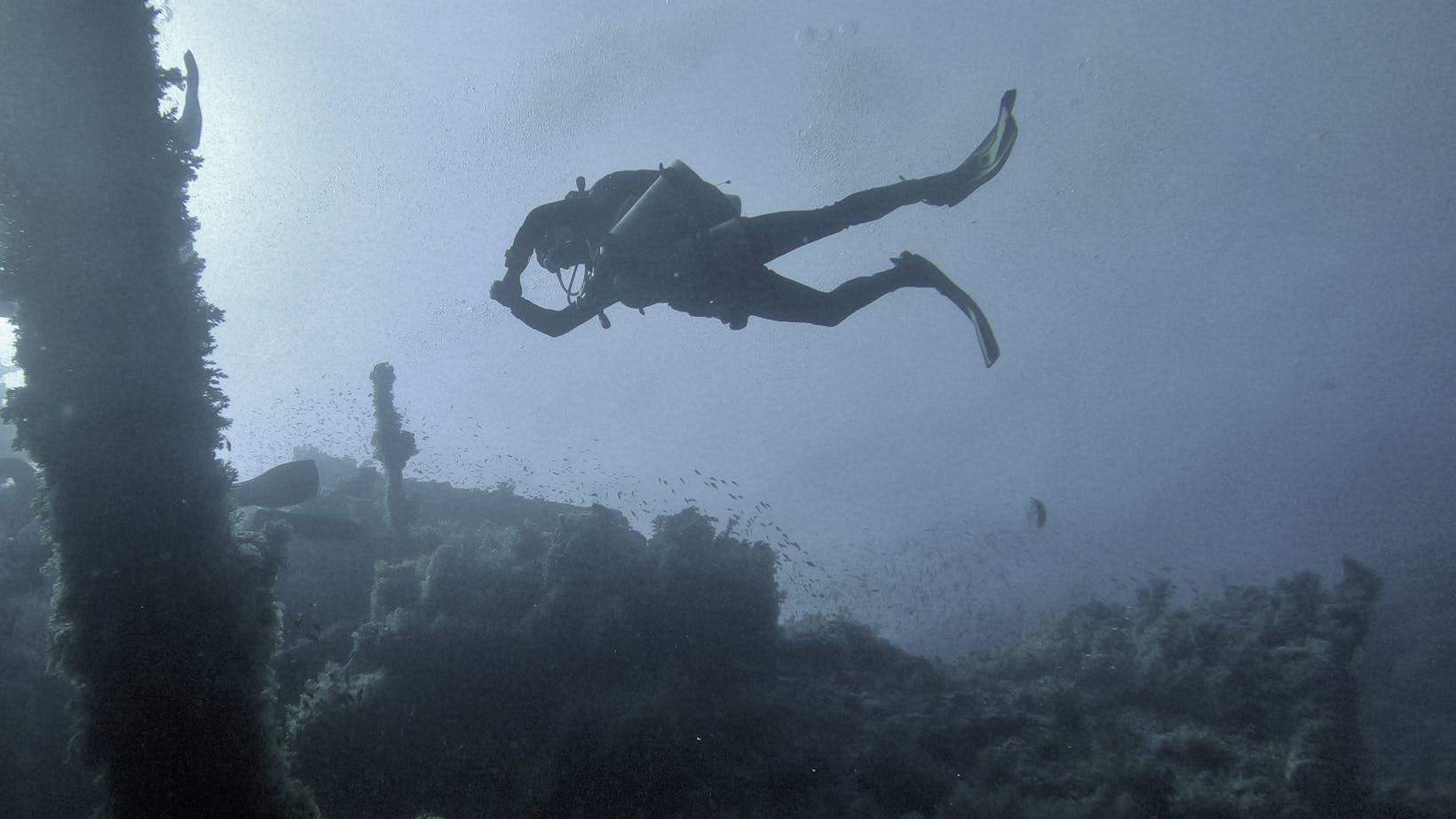Scuba diving unlocks a world beneath the waves, offering an unparalleled experience of exploring underwater realms. Yet, as adventurers dive into the deep, questions about its safety often surface. Is scuba diving a passport to danger or a safe passage to aquatic wonder?
How Dangerous Is Scuba Diving
In diving into the specifics of scuba diving risks, it’s important to acknowledge that while proper training, equipment, and protocol adherence play crucial roles in safety, certain inherent dangers remain. The primary risks involve decompression sickness, nitrogen narcosis, and oxygen toxicity, each posing significant health threats if not managed correctly. Divers face environmental challenges too, such as unpredictable water currents and potentially dangerous marine life encounters. Equipment failure, although rare due to rigorous checks, can lead to life-threatening situations underwater. Moreover, pre-existing health conditions, like heart problems or asthma, increase the likelihood of complications during a dive. Understanding these risks emphasizes the importance of rigorous training and responsible diving practices to minimize dangers and ensure a safe diving experience.
Health Concerns Related to Scuba Diving
Scuba diving, while exhilarating, harbors potential health risks beyond the environmental and equipment-related hazards previously discussed. Key concerns include decompression sickness, often referred to as “the bends,” which occurs if a diver ascends too quickly, allowing nitrogen bubbles to form in the bloodstream. Symptoms range from joint pain to more serious neurological issues. Nitrogen narcosis, another risk, impairs a diver’s judgment and motor skills at great depths, likened to being intoxicated. Oxygen toxicity, though less common, poses a threat during deep or prolonged dives, potentially causing lung and central nervous system damage.

Pre-existing health conditions intensify these risks. Individuals with heart issues, asthma, or poor physical fitness may face increased danger while diving, underlining the importance of medical clearance and physical preparedness. Recognizing and managing these health concerns is imperative for any diver’s safety.
Environmental Hazards in Scuba Diving
Environmental hazards pose significant risks to scuba divers, often requiring advanced awareness and preparation to manage safely. Key hazards include:
- Strong Currents: These can sweep divers away from their intended location, increasing the risk of getting lost or experiencing exhaustion.
- Low Visibility: Murky waters can disorient divers, making it difficult to navigate or detect potential threats like aggressive marine life.
- Sharp Corals: Contact with sharp or toxic coral can cause serious injuries or infections, emphasizing the need for careful navigation.
- Marine Life: Encounters with venomous or aggressive species, such as jellyfish, sharks, or sea urchins, necessitate caution and respect for local wildlife.
- Extreme Temperatures: Cold water can lead to hypothermia, while very warm temperatures may contribute to dehydration and heat exhaustion.
Equipment and Training: Keys to Safety
Ensuring a safe scuba diving experience fundamentally hinges on proper equipment and comprehensive training. High-quality, well-maintained scuba gear—such as regulators, buoyancy control devices (BCDs), and dive computers—play a crucial role in managing the underwater environment. Regular equipment checks and maintenance prevent malfunctions that could lead to hazardous situations. Training, on the other hand, equips divers with essential skills, such as buoyancy control, underwater navigation, and emergency response procedures. Recognized certification agencies like PADI (Professional Association of Diving Instructors) or NAUI (National Association of Underwater Instructors) offer courses that cover these critical skills. Completing such training ensures divers are prepared for a range of conditions and can make informed decisions in the event of an emergency.

Together, reliable equipment and comprehensive training form the backbone of dive safety, significantly reducing risks associated with scuba diving.
Advancements in Scuba Diving Safety
Scuba diving, while exhilarating, carries inherent risks that demand respect and awareness. The dive community’s commitment to safety has led to significant advancements in training, equipment, and protocols. With the right approach, divers can significantly minimize dangers, making scuba diving an adventure that’s both thrilling and safe. It’s essential for divers to invest in their education, prioritize the condition of their gear, and always dive within their limits. As the underwater world continues to beckon adventurers, the emphasis on safety ensures that the beauty and mystery of the deep can be explored with confidence and peace of mind.
